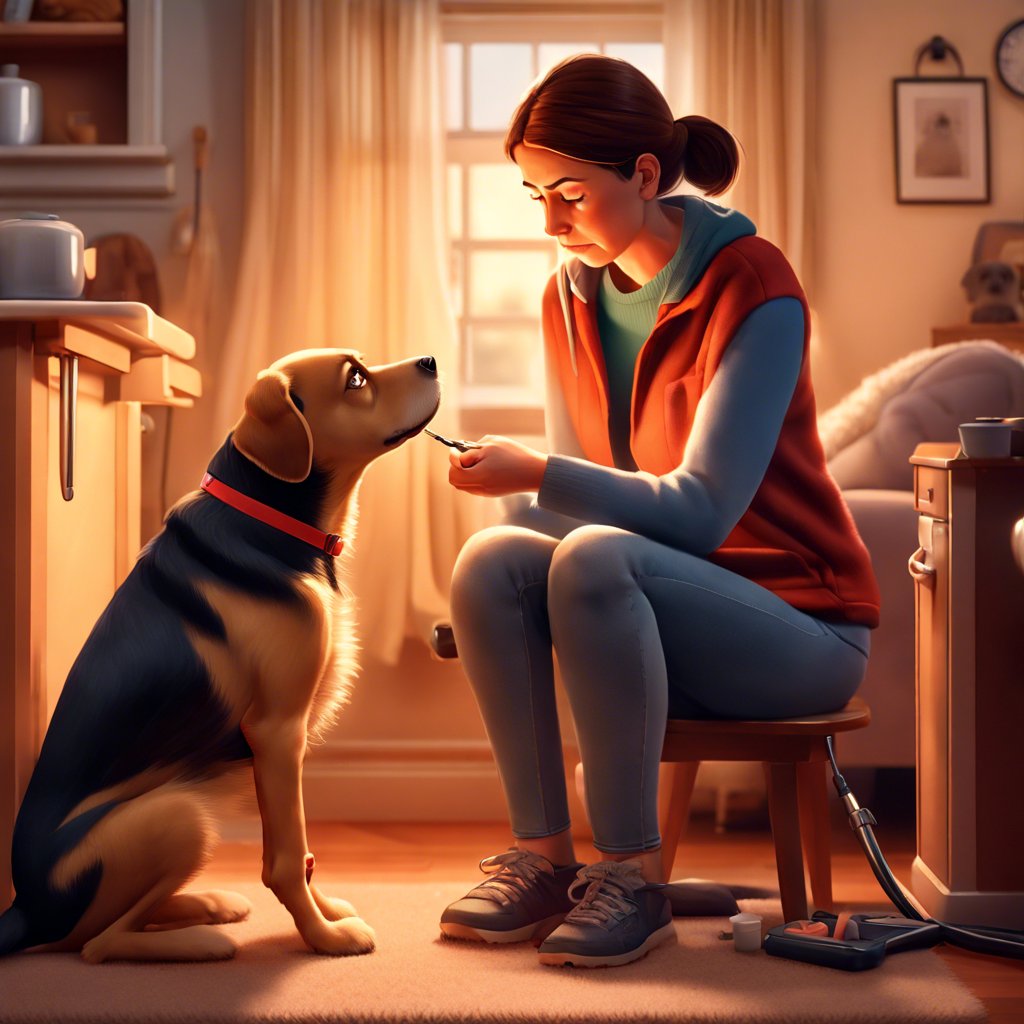Signs of Heart Disease in Dogs
Unveiling the Early Signs

Heart disease in dogs can be a silent affliction, often going unnoticed until it reaches advanced stages. As responsible pet owners, it’s crucial to be vigilant and recognize the early signs that may indicate a heart condition. By keeping a watchful eye on your furry companion, you can ensure they receive timely medical attention, leading to a happier, healthier life.
Here are some early indicators to look out for:
- Persistent Coughing: A cough that doesn’t seem to go away can be a red flag, especially if it worsens at night or after exercise.
- Difficulty Breathing: Watch for labored breathing or panting that occurs even when your dog is resting.
- Fatigue: If your dog seems lethargic or tires easily during walks, it could be a sign of heart trouble.
- Swollen Abdomen: An accumulation of fluid can cause your dog’s belly to appear bloated, indicating serious heart issues.
- Weight Loss or Poor Appetite: An unexpected change in eating habits or weight can be concerning.
Behavioral Changes: A Closer Look
Changes in behavior can often signal underlying health issues, including heart disease. Dogs are known for their playful and loving nature, so any shift in their usual demeanor warrants attention. Observing these changes closely can help you identify potential problems early on and provide your canine friend with the care they need.
Common behavioral changes include:
- Increased Anxiety: If your dog appears more anxious or restless than usual, it may be due to discomfort caused by heart problems.
- Social Withdrawal: A normally friendly dog that starts to avoid play or interaction may be showing signs of distress.
- Changes in Sleeping Patterns: An increase in sleep duration or a change in sleeping locations can be a response to feeling unwell.
Importance of Regular Vet Check-Ups
Regular vet visits play a crucial role in maintaining your dog’s health. During these check-ups, veterinarians can perform routine tests and measure vital signs to detect any abnormalities early on. Preventive care is essential to ensuring your furry friend stays healthy and happy for years to come.
Key reasons to prioritize vet visits:
- Early Detection: Routine examinations can catch potential heart issues before they escalate.
- Customized Care: Your veterinarian can provide tailored advice for your dog’s specific needs, including diet and exercise recommendations.
- Peace of Mind: Regular check-ups help alleviate concerns, allowing you to enjoy every moment with your beloved pet.
Share this content:



